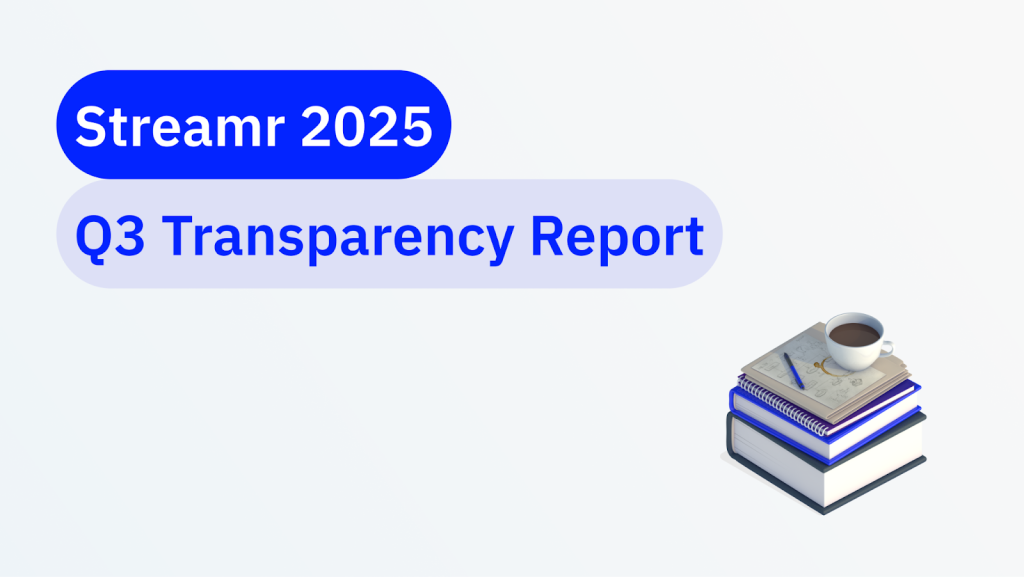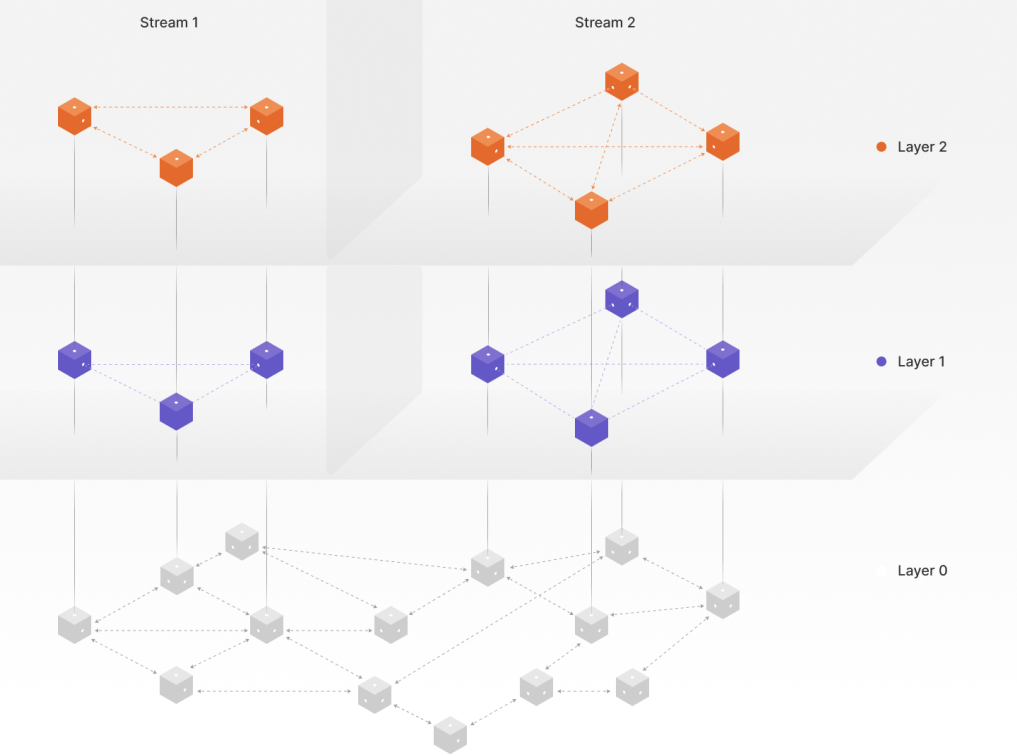Following revelations that the antivirus software provider Avast was harvesting and selling its customers’ browsing data through a subsidiary called Jumpshot, the subsidiary company, valued at $180 million, has been shut down with immediate effect.
Shiv Malik, Streamr’s Head of Growth said, “Everyone at the Streamr project sends their deepest sympathies to staff who may end up losing their jobs. But we also welcome Avast CEO’s brave move in shutting down its data harvesting operation.”
Jumpshot sold data subscriptions to companies such as Google, Microsoft, Unilever and McKinsey for millions of dollars. This was deeply private data on user web browsing habits, collected through Avast anti-virus software. All of this was done without overt user consent. The era of exploiting people’s data is over. Using technology available today, we can do this much better and in a much more consensual way.
Operating through open-source principles, Streamr is pursuing a radically different data model where the value in data generated by users, just the sort of data Jumpshot was exploiting, can be captured by those very users themselves.
“We have created platforms where users are now able to receive a fair share of the value they are co-creating,” said Weilei Yu, Streamr’s Head of Developer Relations.
“We’re calling these Data Unions because they’re a bit like credit unions, in that they allow people to control their assets collectively. Applications such as Swash, a browser plugin built by a team based in Turkey, allows users to do exactly this,” he added.
Through Swash, users can capture, anonymise and collectively sell their browsing data on Streamr’s Marketplace. Once installed, the browser plugin collects search histories and other queries. Users keep control over what type of data is collected and which activities are kept private. When that data sells, users get paid in DATA, a crypto token which they can trade on all major crypto exchanges for fiat, Bitcoin or Ether.
The app, still in beta, has had nearly 2000 installs in the last twelve weeks and is expected to be fully launched in the next few months.
“We believe apps like Swash offer a genuinely new model for a data economy mired in scandal, and we’re already seeing major enterprises engage with the idea of turning themselves into Data Unions in this way,” added Malik.











